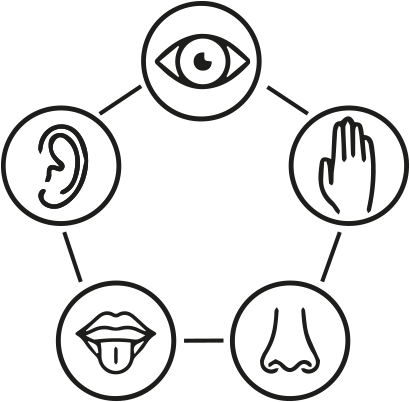Bureau of Expertise for Critical Thinking and Artistic Intervention
| Bureau of Expertise for Critical Thinking and Artistic Intervention
2019 Institute of Sustainability Governance Leuphana University Lüneburg Coordinator & main teacher
Co-teacher
|
| Intended learning outcomes (more on programme level)
This course aimed at exploring the potential of scientific– artistic analysis and intervention in issues of (un)sustainable development. |
| Learning objectives (course specific)
Mediation and practical testing of scientific and art-based analysis and design approaches. |
| Objective statement (course description)
There are problems, let’s tackle them! That should be the motto for this seminar on (un)sustainable development. Based on the problem perceptions, questions, interests, ideas and skills of the participants, topics are narrowed down, viewed from multiple perspectives and options for action are designed. The seminar sees itself as an expert office for critical thinking and creative action. With the involvement of external experts, activists and artists, the self-chosen topics are addressed scientifically-analytically and artistically-creatively. The seminar thus aims to intervene in the socio-political practice of shaping the future. |
| Type of course :
Skills & content course |
| Target group :
Undergraduate students |
| Pedagogical approach:
Experiential learning; sense-based learning; learning-by-doing |
| Activities:
Introduction: Topic, method, way of working, goals 2. Conceptual and empirical foundation of sustainable development 3. Conceptual and methodological foundations of critical thinking 4. Conceptual and methodological foundations of artistic intervention 5. Research subjects (1): Arts-based methods for generation of ideas 6. Research subjects (2): Projects and study groups 7. Research strategies: scientific and artistic methods 8. Scientific–artistic research of selected topics (1) 9. Scientific–artistic research of selected topics (2) 10. Intervention strategies: scientific and artistic forms of presentation and intervention 11. Design of Intervention on selected topics 12. Intervention on selected topics 13. Synthesis and Outlook
|
| Assessment of learning:
Groups of 3-5 students were asked to produce an intervention and an accompanying scientific reflection paper (10-15 pages), in which the analysed sustainability issue is described based on relevant scientific literature, the procedure of the intervention outlined, and the potential of sensory sustainability reflected. Projects
|
| Effect (witness account, evaluation of the course)
Despite the intellectually challenging and labor-intensive seminar the discoursive seminar feedback of students was positive. Especially the relatively high degree of “allowed and demanded creativity” was felt as enriching, and allowed for a more sensory access to sustainable development. |
Additional biblio sources
|
